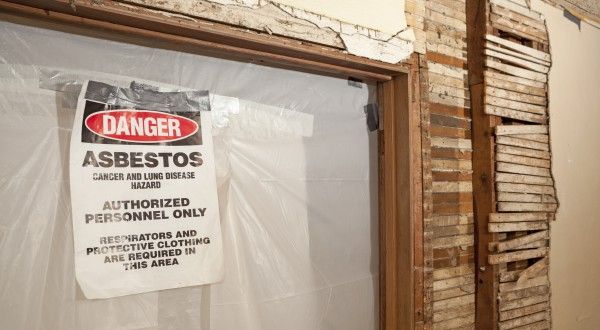Assessing the human and economic burden of workplace cancer in Canada
Reasons for the study
There is a growing interest in better understanding the extent of occupational cancers and their economic burden to society. Yet assessing the economic burden of occupational cancers has rarely been done. A research team from the Institute for Work & Health (IWH), University of British Columbia and Institut de recherche Robert-Sauvé en santé et en sécurité du travail (IRSST) partnered with the Canadian Cancer Society to estimate the economic burden of occupational cancer in Canada, including lifetime costs associated with medical expenses, market productivity losses, and losses in health-related quality of life.
Objectives of the study
- Estimate the direct costs of occupational cancer, including hospitalization, physician care and treatment costs
- Estimate the indirect and health-related quality-of-life costs of occupational cancer, such as lost output in the paid labour force, activity loss in non-paid roles and the intrinsic value of health
Target audience
Information on the economic burden of cancers us extremely useful to government and industry decision-makers who want to understand the benefits of investing in prevention-related efforts.
Related research summaries
- IWH study estimates costs of non-melanoma skin cancers due to sun exposure at work . At Work article: Institute for Work & Health, April 2018.
- Study update: New cases of mesothelioma and asbestos-related lung cancer from one year cost $2.35B. At Work article: Institute for Work & Health, November 2017.
- New cases of mesothelioma and asbestos-related lung cancer in one year cost $1.9B. At Work article: Institute for Work & Health, August 2016.
Related scientific publications
- Mofidi A, Tompa E, Kalcevich C, McLeod CB, Lebeau M, Song C, Kim J, Demers PA. Occupational exposure to wood dust and the burden of nasopharynx and sinonasal cancer in Canada. International Journal of Environmental Research and Public Health. 2022;19(3):1144. doi:10.3390/ijerph19031144. (Open access)
- Mofidi A, Tompa E, Spencer J, Kalcevich C, Peters CE, Kim J, Song C, Mortazavi SB, Demers P. The economic burden of occupational non-melanoma skin cancer due to solar radiation. Journal of Occupational and Environmental Hygiene. 2018;15(6):481-191. doi:10.1080/15459624.2018.1447118.
- Jung YL, Tompa E, Longo C, Kalcevich C, Kim J, Song C, Demers P. The economic burden of bladder cancer due to occupational exposure. Journal of Occupational & Environmental Medicine. 2018;60(3):217-225. doi:10.1097/JOM.0000000000001242 .
- Tompa E, Kalcevich C, McLeod CB, Lebeau M, Fong D, McLeod K, Kim J, Demers P. Economic burden of lung cancer and mesothelioma in Canada due to occupational asbestos exposure (2016). Institute for Work & Health; 2016.
- Tompa E, Kalcevich C, McLeod CB, Lebeau M, Fong D, McLeod K, Kim J, Demers P. Economic burden of lung cancer and mesothelioma in Canada due to occupational asbestos exposure (2015). Institute for Work & Health; 2015.
Related media coverage
- Despite ban, asbestos lingers and takes a toll decades later. Times Colonist. January 27, 2019. Available from: https://www.timescolonist.com/opinion/columnists/monique-keiran-despite-ban-asbestos-lingers-and-takes-a-toll-decades-later-1.23613070
- Research on silica exposure controls finds PPE comes at a cost. Workers Health & Safety Centre. December 7, 2018. Available from: https://www.whsc.on.ca/What-s-new/News-Archive/Research-on-silica-exposure-controls-finds-PPE-com
- Hidden costs of skin cancer caused by workplace sun exposure revealed. Science Daily. April 26, 2018. Available from: https://www.sciencedaily.com/releases/2018/04/180426085524.htm
- Bill introduced to end asbestos use in the province . Sarnia Observer: Sun Media (Sarnia, ON). December 9, 2016. Available from: http://www.theobserver.ca/2016/12/09/bill-introduced-to-end-asbestos-use-in-the-province
- Asbestos-related cancers cost Canada $2B. Asbestos.com: The Mesothelioma Center (Washington, DC). June 29, 2016. Available from: https://www.asbestos.com/news/2016/06/29/asbestos-related-cancer-cost-canada-2-billion/
- Asbestos-related cancer costs Canada billions. The Globe and Mail. June 16, 2016. Available from: http://www.theglobeandmail.com/news/national/asbestos-related-cancer-costs-canadians-billions/article30621739/
Project status
Completed 2020
Research team
Collaborators and partners
CAREX Canada
Funded by
Canadian Cancer Society
